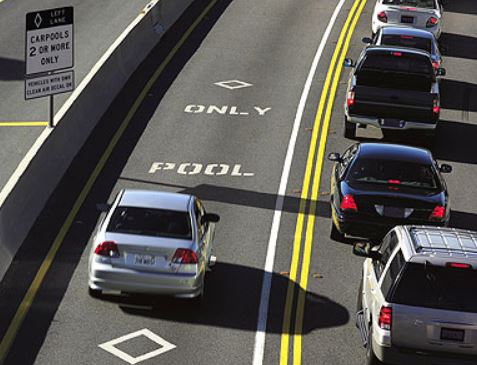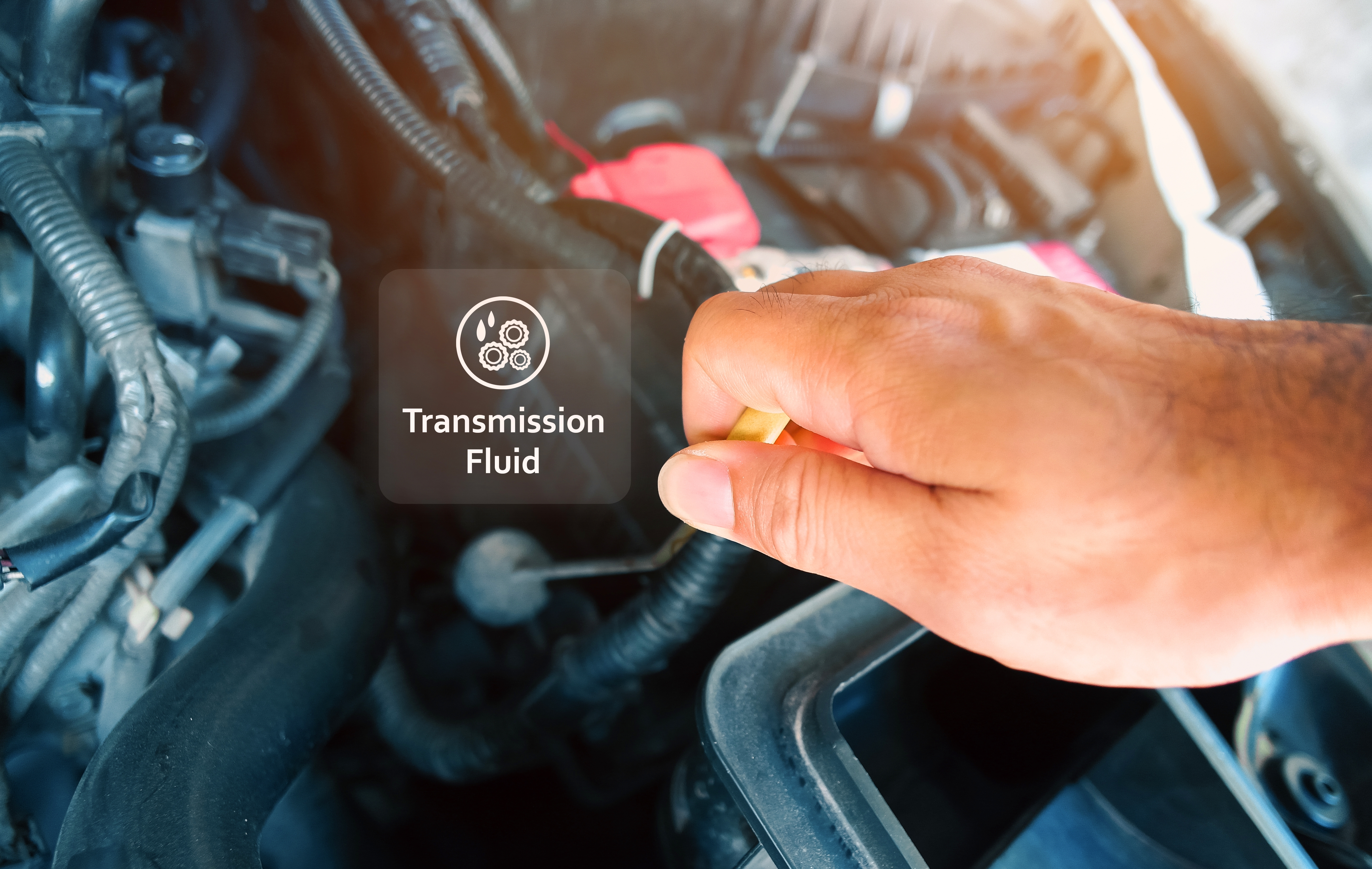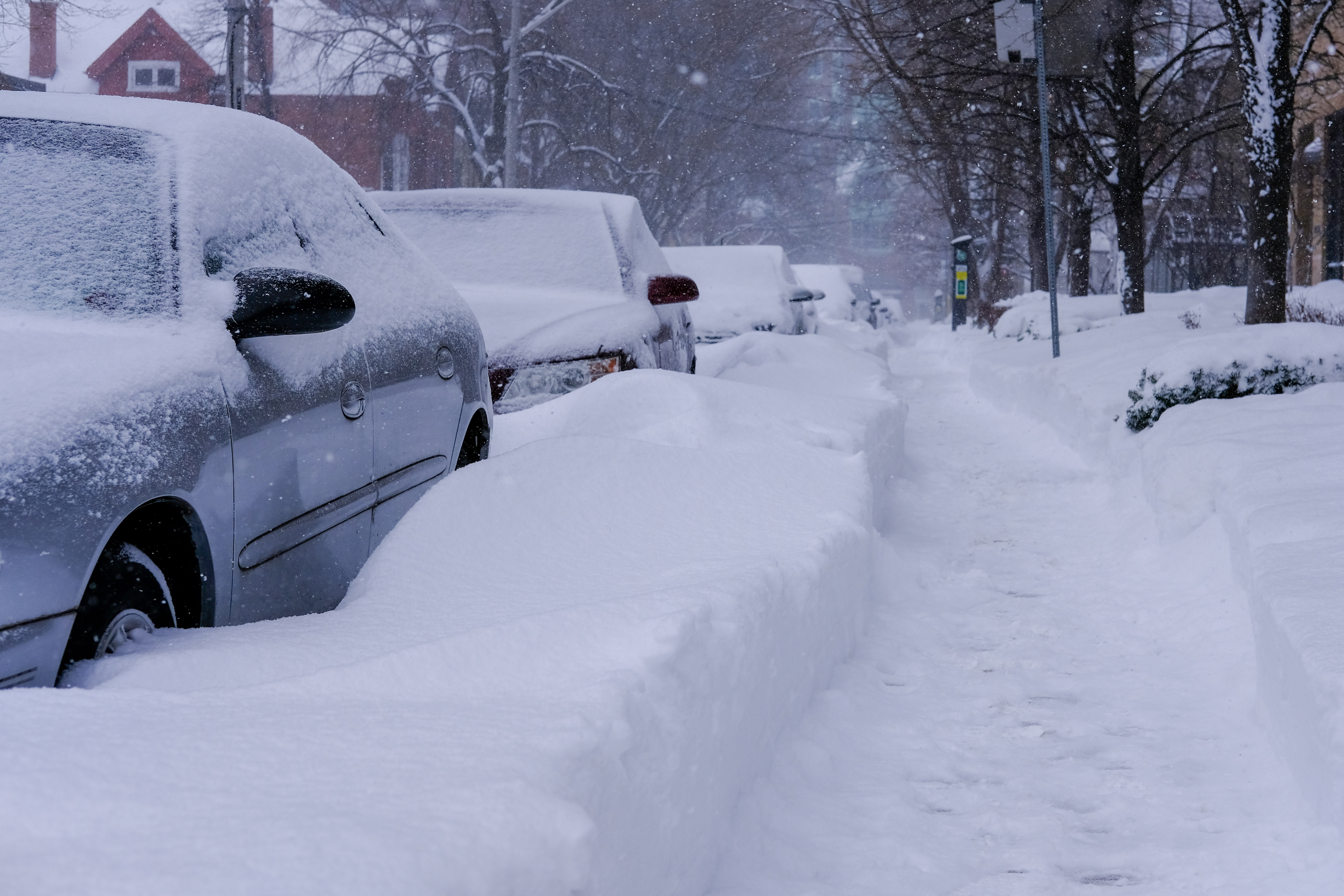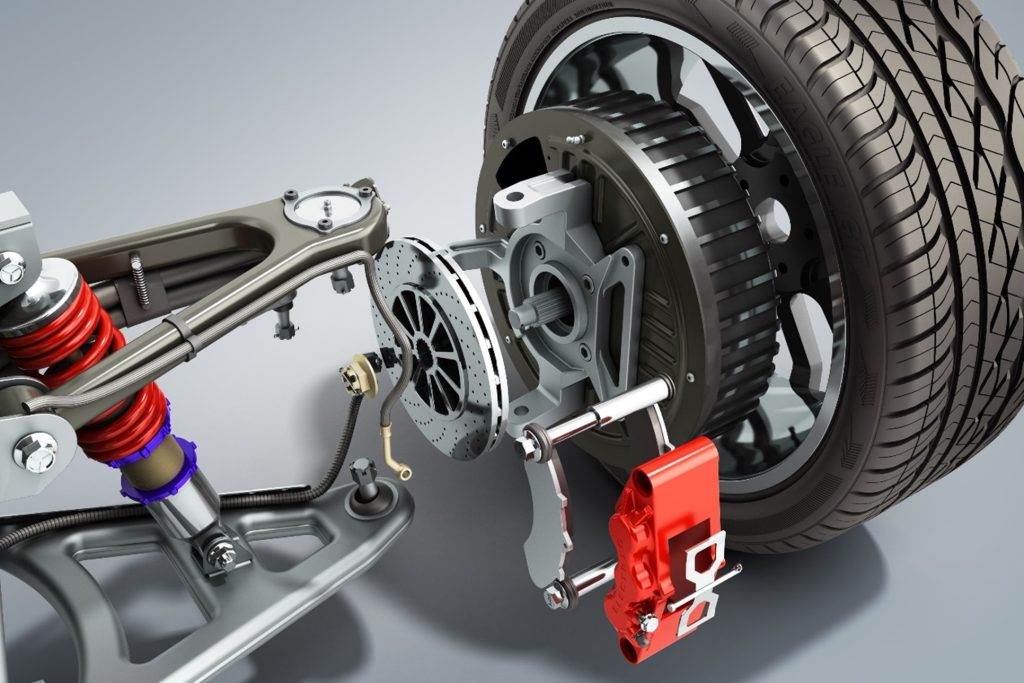I’ve written before about ways to save gas, but with prices continually rising, I believe it’s still a major concern for most people. We used to protest about the possibility of gas costing $2.00 a gallon? Today, $3.50+ a gallon is a daily reality. With rising prices at the pumps, here’s how can you get better gas mileage out of your vehicle.
- Hybrid Vehicles: If you are looking to buy a new vehicle, consider a hybrid vehicle that uses alternate fuels to help power the vehicle. Hybrid vehicles may cost a little more, but the savings will easily cover the additional cost, and you will be driving a “green” vehicle and helping the environment. Also some hybrid vehicles qualify for tax rebates and allowances. Today, a hybrid vehicle performs as well as any gas powered vehicle. It can perform even better if the majority of your driving is in town.
- Smaller Vehicles: If you are not ready to buy a hybrid vehicle consider buying a smaller vehicle. Avoid buying an SUV or a van as they are the most inefficient vehicles on the road. Their “boxy” shape is less aerodynamic and they are heavier, thereby using far more gas. Visit www.fueleconomy.gov where you can check out different vehicle gas-mileage ratings. Make sure to check what grade of fuel the new car will use. A car that uses 87 octane compared to one that uses 91 octane will save you at least 10% of your gas cost, based on today’s prices.
- Tires: Tire pressures play an important role in fuel economy. Under-inflated tires significantly lower your mileage and can result in poor or dangerous handling of your vehicle. Using the wrong replacement tires can do the same thing, especially if they have more rolling-resistance than the original tires. Don’t buy cheap replacement tires, they could prove to be a lot more expensive in the long run. Check your owner’s manual for the manufacturers recommended specifications – tire make and model.
- Lower Speeds: Lowering your speed on the highway will save a lot of gas. Today’s cars are manufactured to be most fuel efficient when driven at 55 mph. Drive at 70 mph, and you will be getting at least 5% less, miles-per-gallon, than if you drive at 55! High speeds use more fuel.
- Less Weight: No, you don’t have to go on a diet, just clean out your trunk of all nonessential item. The extra weight uses more gas. Accessories, such as luggage and ski racks and light bars add weight and increase wind resistance. If you have one you’re not using, remove it. If you’re going on a trip, using a car-top carrier or towing a trailer will decrease your gas mileage. Trailers and car-top carriers present a large, flat surface that causes increases wind resistance (the opposite of the streamlined, sleek race car which is designed to cut smoothly through the wind). Heavily loading your vehicle will dramatically decrease your miles per gallon. Heavily loading your vehicle and using a trailer or car-top carrier – will compound the problem. Plus, if you load the vehicle beyond its safe weight limit, (check your owner’s manual), you add safety problems to the increased fuel use.
- Preventative Maintenance: The best way to get the best mileage from your vehicle is to keep your vehicle well maintained. An engine that is not regularly serviced will burn more gas. Preventive maintenance saves you money in the long run, by maintaining your car’s fuel economy. Don’t wait for your vehicle to break down, keep it regularly maintained and save money. And, of course, you will drive with more confidence. No one wants to be left stranded at the side of the road.
- Practice “Light Right”: What do I mean by this? Control your right foot! Gentle acceleration and gentle braking can save you up to 10% of your gas used. At today’s prices this converts to over 30 cents a gallon! Vehicles are most inefficient when accelerating quickly away from rest. So, take it slowly and save gas. Judge your stopping distance and slow down early when approaching red stop lights. If you don’t have to come to a complete stop, you will save gas and money.
- Air-Conditioner: Using the air conditioner can use more gas. However, at highway speeds, you’re better off with the windows closed and the air conditioner running because open windows at high speeds produce a lot of drag. At lower speeds, such as in city traffic, opening the windows will not significantly increase the vehicle’s drag. So, under those conditions, opening the window and turning the air conditioner off will probably lower your fuel economy.
- Avoid Stop and Go Traffic: Use routes with less traffic and fewer stop signs/stoplights (idling is an inefficient use of gasoline). Keep a safe following distance from cars in front of you to avoid hard and regular braking. Less frequent braking makes it easier to maintain a steady speed.
- Drive Less: This seems obvious, but there are many ways to drive less. Consolidate your errands so that you make longer trips with shorter wait times between stops (a warm engine uses fuel more efficiently). Have you considered carpooling to work? Check with work colleagues that live near you, post a message on the notice board at work, or even in your local grocery store or library. You probably have a neighbor who also works close to your office who wants to save money too! How about talking to your boss and working 4, 10 hour days instead of 5, 8 hour days? That alone will save you 20% of your commuting cost. If everyone in the country did that, just think how much money would be saved and the positive effect it would have on the environment!
- Use the correct gas: If the manufacturer’s handbook says use 87 octane, use 87 octane! Using a higher octane will not make your engine run better, or clean the engine. In fact, it has the opposite effect – it costs you money. In the same vain if your vehicle’s recommended octane is 91 or higher, don’t use a lower octane. Your engine may seem to run smoothly on a lower octane, but in today’s vehicles, the engine will automatically compensate for the lower octane fuel by adjusting the engine settings, this will lead to less miles per gallon so you will not gain anything.
- Alternative Transport: How about investigating public transport? There are now many train and bus services in this area. Check out the new Howard Transit Bus system ( The green buses and now white buses you have seen driving around all over town). Visit www.howardtransit.com for complete information on routes, schedules and prices.
- Shop Around: See if there is a gas station that charges low prices that’s convenient to your area or route, and plan to purchase your gas there. You can check gasbuddy.com to find cheaper gas prices near you.







0 Comments